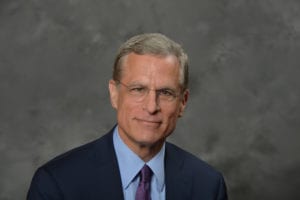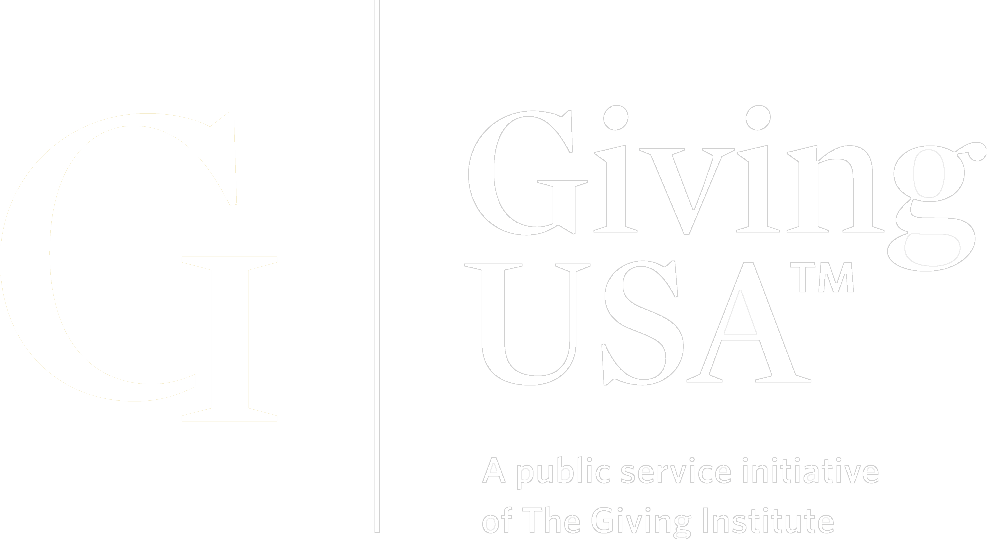
Drawing from his experience in the intersection of finance and philanthropy, Rob offered his expert perspective on a broad range of topics including the state of the economy, major issues brought to light by the pandemic, the “educational eco-system”, leadership during a crisis, and the broader role philanthropy and nonprofit leaders will play in the economic recovery.
The following is a recap of Rob’s excellent presentation. For more information on Rob Kaplan, click here.
The Economic Downturn at a Glance
The country experienced a severe economic contraction in the second quarter due to the mandated lockdowns, but the downturn was historically brief. This is mainly due to significant fiscal relief from the government, which served as a lifeline to much of the population. Consequently, many Americans (particularly at-risk populations) were able to make ends meet and continue spending. Economists are optimistic about the third and fourth quarters this year, but there are risks to those forecasts if a continuation of fiscal relief is not approved in the next few months.
Unemployment Gap + Rising Inequality – The pandemic has disproportionately affected minority populations, individuals with low income and those with lower levels of educational attainment. These at-risk groups generally work in person-to-person contact industries and are unable to work remotely. Although an improvement in the employment market is forecasted and job growth has recently improved, there remains a major gap between the unemployment rate for people of color and the rest of the population. And, as we dig out of the recovery, many individuals that lost their jobs may not have a small business to go back to as those companies may not have survived the pandemic. We need to get people back to work, retrained or placed in a new industry. This will undoubtedly be a slow process.
The Digital Divide – The pandemic has exacerbated the issue of the digital divide. Low income areas are less likely to have access to an internet or broadband connection. These days, it is extremely difficult to obtain an education or work remotely if you don’t have a wireless connection to the Internet. This is a major issue that existed before the pandemic, but has been exacerbated by the greater need for internet access in this moment. The digital divide must be addressed, or income/wealth disparities – and social unrest – will continue and possibly get worse.
The Educational Eco-System (Growth in the Workforce + Growth in Productivity) – Nonprofits should and will play a major role in improving our educational eco-system (early childhood literacy, educational attainment and skills training). In fact, from a public funding perspective, the highest return on investment a city or state could make would be in the realm of the educational eco-system. And it all comes down to this formula: growth in the workforce plus growth in productivity equals growth in GDP.
The fastest growing demographic groups in America are Black Americans and Hispanic Americans. In Texas, where Rob is based, a higher percentage of individuals in these minority groups start first grade behind grade level, and it is very difficult to catch up. And the outlook is similar to other states. A whole generation of future workers are not receiving the education they need to enter and remain in the workforce.
Why should this matter to state and federal government? GDP growth is made up of growth in the workforce plus growth in productivity. We are already an aging society experiencing a decrease in workforce growth. With all the disruption going on, we are allowing a small group of people with higher levels of education to be far more productive, while the population at large lags behind. And subsequently, so does our economy.
Nonprofits have an opportunity to play a key role in filling in these gaps – by stepping in where government can’t or won’t. Whether it is through literacy programs, skills training, partnerships with for-profits, junior colleges and high schools, or simply addressing the digital divide, there is SO much opportunity for impact here.
“The importance of nonprofits/philanthropy has never been greater”
Government programs mean well, but the design can get distorted and ineffective as it is scaled down to a local level. Nonprofit leaders know their communities best and can adapt more precisely to the needs of their constituents.
It is often more effective for nonprofits to fill in the gaps that a government program can’t or won’t address. That process will become more important in the years ahead as government debt becomes unsustainable. Nonprofit and business leaders will need to step up to do what they can. The risks of rising inequality are too great to step back now.
Draper Richards Kaplan Foundation and a Model of Good Leadership
Rob is a Co-Chair of the Draper Richards Kaplan Foundation, a global venture philanthropy firm supporting early stage, high impact social enterprises. They believe that with early funding and rigorous support, exceptional leaders, tackling some of society’s most complex problems, can make the world a better place.
Their model seeks out nonprofits that have three components: they are making an impact, have a model for achieving that impact and are run by a leader that can build a team and is open to learning.
A great nonprofit leader has a powerful combination of passion, drive and ego, but they sometimes struggle to build a team, delegate and share credit. Draper Richards Kaplan looks for leaders that are coachable, willing to learn and ask questions.
Rob emphasized the importance of building a stellar team when you are in a leadership position. It takes a high functioning team to get your model to have an impact. When a leader harnesses their passion to build a great team, they are more likely to get from here to there.
Leadership + Risk Taking
Rob Kaplan has written three books on the topic of leadership. When asked about the importance of risk taking when you hold a leadership position, Rob emphasized that the most important thing a leader can do is ask questions. The biggest risk you can take is isolation. Be open to listening and accept that you do not have all the answers. As you get more senior, people will be afraid to tell you the truth or tell you things you don’t want to hear. It is important to ask those around you for advice by signaling that you want contrasting views and disagreements. And, most importantly, you want your team to warn you when you are doing something stupid. If you do not actively seek advice and share information, you will be fueling your own isolation and risking failure.
Diversity, Equity and Inclusion
Ultimately, we have a structural problem in our country. If minority groups do better, we all do better. Embrace DEI in your mission, vision and values because it is morally the right thing to do, but also because it is what’s best for collective progress. If minority groups lag behind, we will do poorly as a country. If you want to be selfish, create more inclusion.
To those of you who joined us for Rob Kaplan’s presentation, thank you. We hope you enjoyed it as much as we did. Our next 501c Success Series will be taking place on October 27, 2020, with Rachel Hutchisson. Rachel is the VP of Corporate Citizenship and Philanthropy at Blackbaud, Inc. Click Here to register for Rachel’s presentation.


